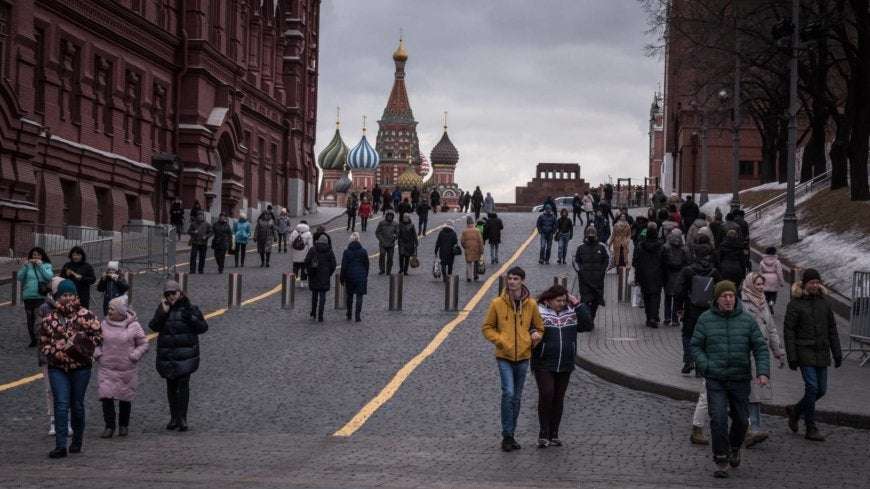The central government appears increasingly likely to change how it refers to Russia in the National Security Strategy, which is set to be revised by the end of the year, following Moscow’s invasion of Ukraine.
The strategy, which lays out Tokyo’s basic policy for diplomacy and security, currently calls for promoting Japan-Russia cooperation in the fields of security and energy. But given Moscow’s aggression in Ukraine, the new strategy could use strong language when referring to Russia, observers said.
“The international community cannot have ties with Russia the way it used to,” Prime Minister Fumio Kishida told a parliamentary meeting on Wednesday. Japan has joined the West in imposing “powerful” sanctions against Russia.
With Russian President Vladimir Putin having launched a war in Ukraine, sources say it is inevitable that Tokyo will review its relationship with Moscow. The government is expected to carefully consider how it should revise its policy toward Russia in the new strategy while closely monitoring the crisis in Ukraine.
A senior Foreign Ministry official said that although the strategy is intended to present a picture of Japan’s security policy for the coming decade, the latest developments cannot be ignored in devising it.
“The situation is unlikely to improve by December. We won’t be able to keep what we’ve written,” a senior Defense Ministry official said.
Russian President Vladimir Putin, Russian Foreign Minister Sergey Lavrov, then-Foreign Minister Fumio Kishida and then-Prime Minister Shinzo Abe attend a signing ceremony in Tokyo in December 2016. | SPUTNIK / KREMLIN / VIA REUTERS
Meanwhile, Kishida has mentioned that Tokyo will keep urging Moscow to return the islands, and some members of the government are cautious about halting dialogue with Moscow completely.
The current strategy was adopted in December 2013 during the administration of Prime Minister Shinzo Abe, who is known to have focused on negotiations with Moscow over the four Russian-held islands at the center of the two nations’ lingering territorial dispute.
Reflecting China’s rise and growing maritime assertiveness, the current strategy refers to the severe security situation in East Asia, while touching on Japan’s security cooperation with Russia. “It’s extremely important to enhance our overall relations (with Russia) to ensure our country’s security,” the strategy says.
That description reflects a view that Japan needs to build a relationship of trust with Russia in order to resolve the dispute over the islands, which were seized from Japan by the Soviet Union at the end of World War II.
In April 2013, Abe and Putin agreed to create a new “two-plus-two” framework for talks among the countries’ foreign and defense ministers. The two-plus-two talks were held four times through May 2019.
However, the territorial negotiations have stalled partly because of opposition to their possible return to Japan among Russians.

Astronomer_Soft on March 6th, 2022 at 13:59 UTC »
Japan should be rethinking its security strategy relative to China, not Russia.
hollth1 on March 6th, 2022 at 11:44 UTC »
Feels like it's a convenient pretext to strengthen ties with the US and not draw as much ire from the CCP.
Neozea on March 6th, 2022 at 06:14 UTC »
SS:
Japan needs to build a relationship of trust with Russia in order to resolve the dispute over the islands, which were seized from Japan by the Soviet Union at the end of World War II.
The strategy, which lays out Tokyo’s basic policy for diplomacy and security, currently calls for promoting Japan-Russia.
With Russian President Vladimir Putin having launched a war in Ukraine, sources say it is inevitable that Tokyo will review its relationship with Moscow